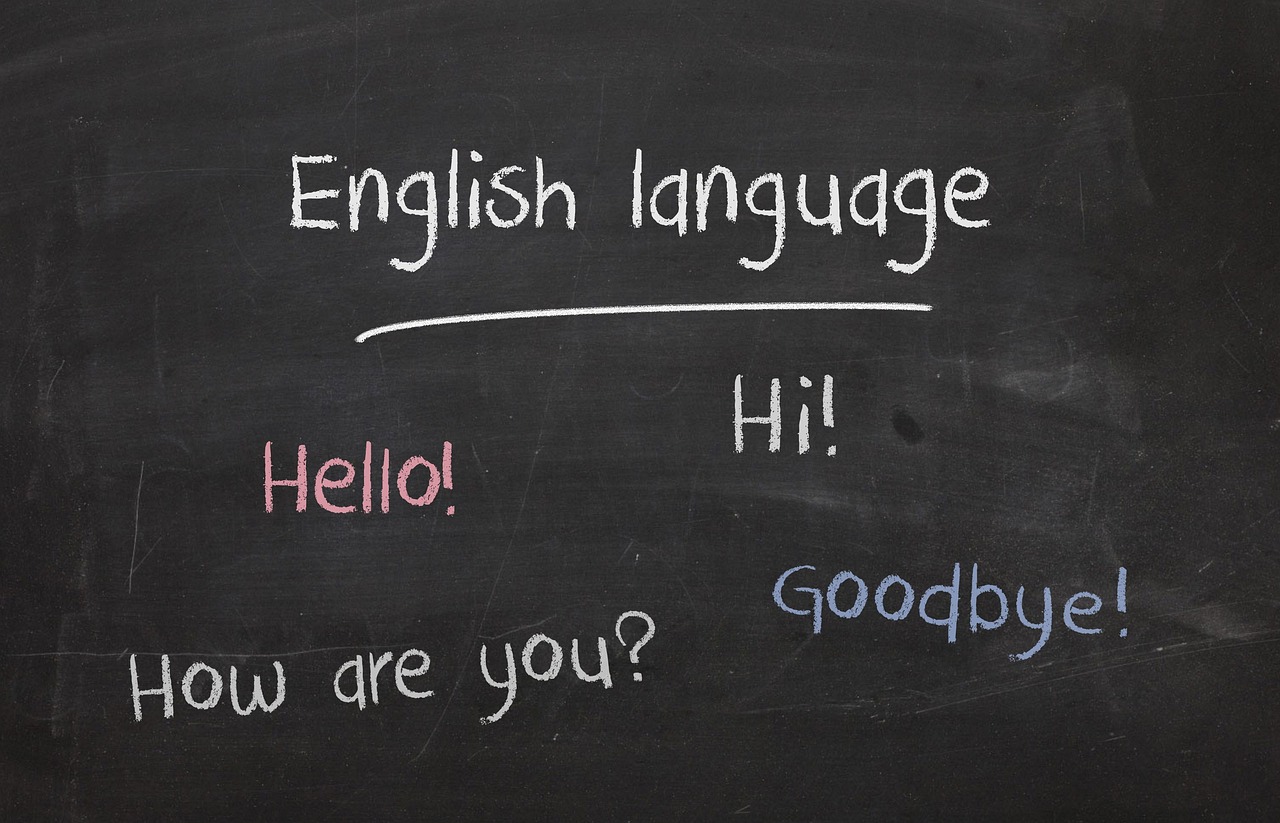“Can” is a commonly used modal verb or modal auxiliary verb. It can be used to express ability or opportunity, to request or offer permission, and to show possibility or impossibility. Here’s how you can use it:
Ability: This is probably the most straightforward use of “can.” We use it to say that someone or something is able to do something.
- I can swim.
- She can speak French fluently.
- They can play the piano.
- I can speak French.
- That machine can fold clothes.
Possibility: We can use “can” to talk about whether something is possible or not.
- The meeting can be rescheduled.
- He can be difficult to work with sometimes.
Permission: “Can” is also how we ask for or give permission to do something.
- Can I borrow your pen?
- Can we leave early today?
- Can they stay for dinner?
Requests: Can is used for requesting someone to do something.
- Can you help me with this problem?
- Can you pass me the salt, please?
- Can you open the window?
We use “could you” (instead of “can”), as a polite way of telling or asking someone to do something. Can is a more informal way to make a request.
FORMAL
Could you open the window, please?
Could you finish your work, please?
INFORMAL
Can you open the door?
Can you close the door?

“Can” is a versatile modal verb that is used in various contexts to indicate different meanings related to ability, possibility, permission, or requests. It is commonly used in both spoken and written English.
The little word “can” is a very handy one in English, but it can have a few different meanings!
Here are some extra things to remember about using “can”:
- It’s a modal verb, which means it follows different rules than regular verbs. For example, we don’t add an “s” to “can” in the third person singular (like “he run” – that’s wrong!).
- It’s always followed by the base form of the verb (no “to”). So instead of “Can I to go to the bathroom?” we say “Can I go to the bathroom?”
Check out the modal verb “have to“.



